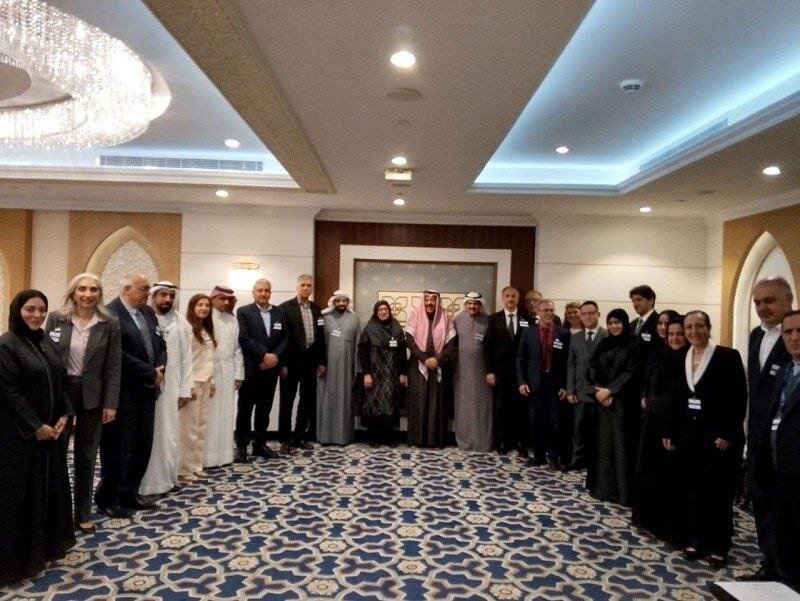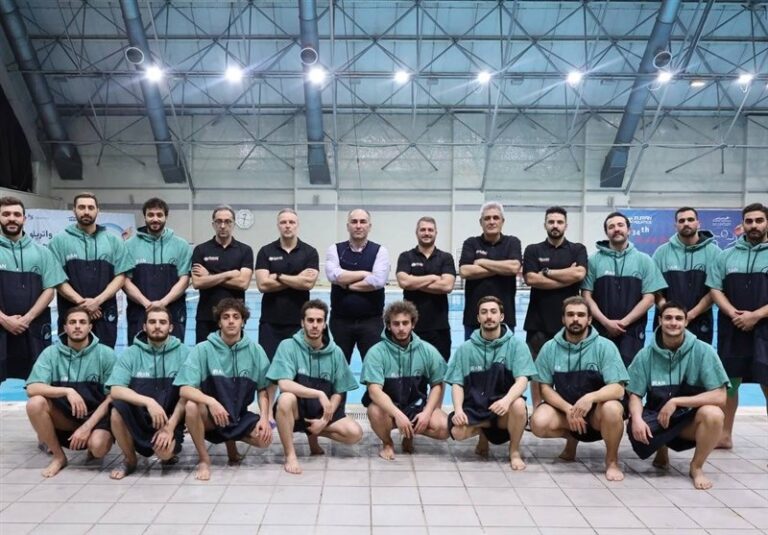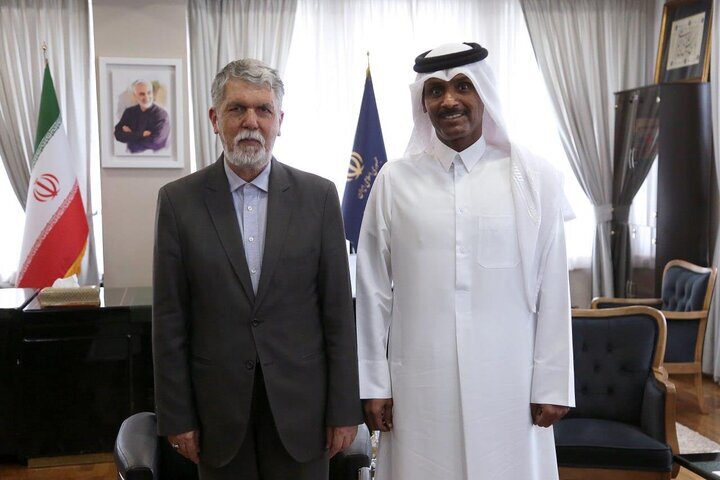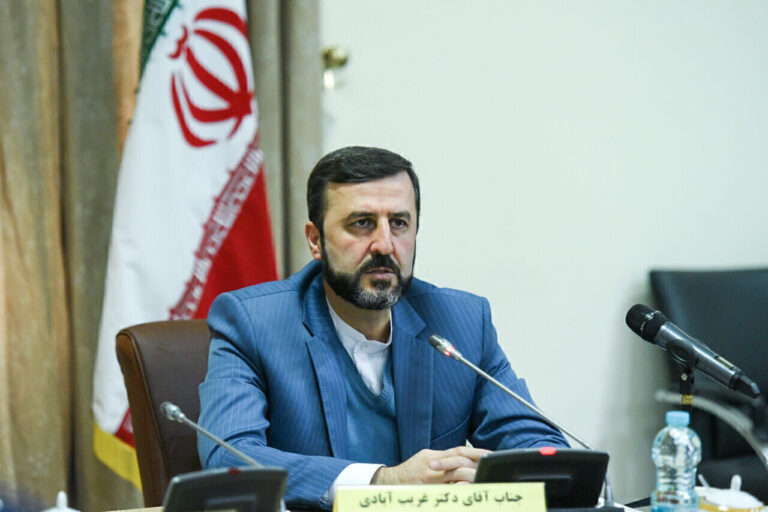Iran Poised for Enhanced Regional Collaboration to Combat Sustainable Development Challenges
In recent developments regarding the challenges posed by sand and dust storms (SDSs), Iran has expressed its commitment to enhancing regional cooperation. Attending the inaugural regional dialogue on SDSs, Sediqeh Torabi, a representative from the Department of Environment (DOE), emphasized the importance of collaborative efforts among affected countries to mitigate the impact of these environmental phenomena.
The meeting, organized by the Economic and Social Commission for Asia and the Pacific (ESCAP) and the Economic and Social Commission for Western Asia (ESCWA), took place on February 18 and 19 in Doha, Qatar. This significant gathering included senior government officials from nine countries in West Asia: Iran, Saudi Arabia, Qatar, Turkey, Lebanon, Syria, Iraq, and Kuwait. The primary focus was to address the challenges posed by SDSs and their adverse effects on various sectors.
Key Points Discussed at the Meeting:
- Environmental Impact: SDSs significantly affect agriculture, transportation, energy, and public health.
- Cooperation Strategies: Officials explored ways to enhance both regional and international collaboration to tackle these challenges.
- Research Review: The latest studies and successful practices for managing SDSs were discussed, with an emphasis on improving early warning systems and adapting to climate change.
Iran’s proactive approach to combating SDSs was further highlighted during the 38th meeting of the Regional Organization for the Protection of Marine Environment (ROPME) executive committee (EXCOME 38), held on February 13 in Kuwait. Ahmad-Reza Lahijanzadeh, representing Iran, proposed integrating SDS management into the organization’s strategic plan. Even if SDSs are not recognized as a standalone component, the issue will be addressed within the broader context of climate change.
In January, Iran and Iraq initiated discussions to identify pilot regions within both countries to devise effective strategies for addressing the environmental challenges posed by SDSs. The selected pilot regions in Iran are situated in the Khuzestan province, known for its vulnerability to dust storms.
Moreover, the Doha meeting provided a valuable platform for senior officials to exchange knowledge and develop joint actions aimed at effective dust management in the region. Countries participating in the dialogue were categorized based on the severity of the impact and the affected areas.
Looking ahead, Qatar’s recently appointed ambassador in Tehran, Saad bin Abdullah Al-Mohammad Al-Sharif, reaffirmed his country’s readiness to collaborate with Iran in combating SDSs. During a meeting with Shina Ansari, the head of the Department of Environment, Al-Sharif stated, “Qatar pays great attention to environmental issues. We are fully prepared to cooperate with Iran to combat sand and dust storms and would like to receive Tehran’s proposals on managing this phenomenon.”
Iran’s Commitment to Environmental Collaboration:
- Iran is eager to foster environmental partnerships and share expertise with Qatar.
- Dust storms have emerged as a significant environmental issue within Iran, affecting multiple provinces.
- Regional cooperation is deemed essential to effectively manage and mitigate the impacts of SDSs.
In conclusion, the recent discussions on sand and dust storms underscore the urgent need for collaborative efforts among West Asian countries. By establishing a regional fund, forming expert working groups, and holding annual meetings, these nations can work together to address the challenges posed by SDSs effectively. The commitment shown by Iran, Qatar, and other regional players marks a significant step towards a coordinated approach to combat this pressing environmental issue.






